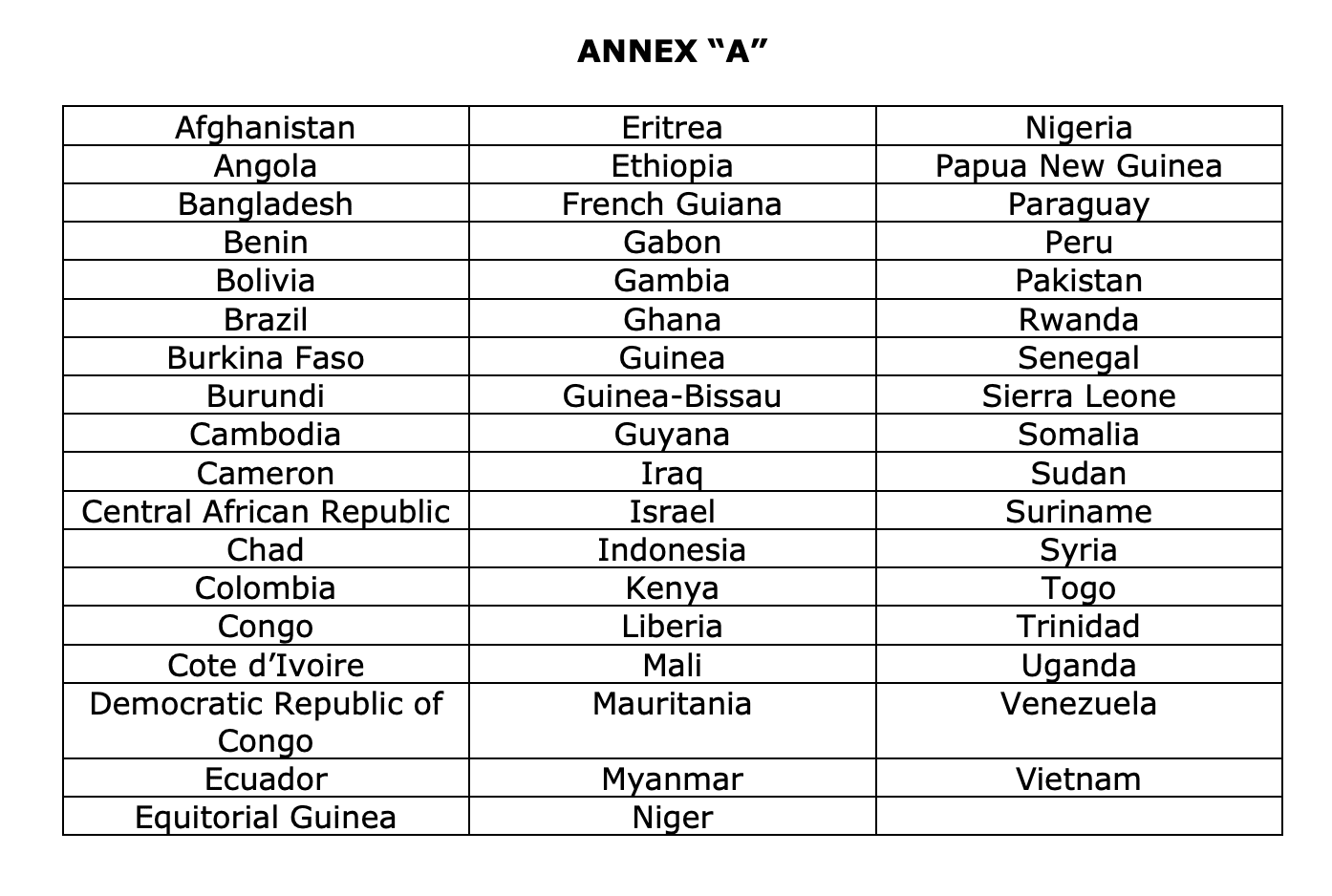Table of Contents
ToggleEffective July 2024
Extension of Temporary Visiting Visas is now Online
The online application and payment method for the extension of temporary visiting visas has been made available to qualified foreign nationals by the Bureau of Immigration (BI). The same prerequisites and costs apply, and the new procedure takes effect right away. Instead of a paper receipt, applicants who successfully file and pay online will receive an email confirmation.
Source: BAL
Effective June 2024
Filing Fees, Downgrading and Exit Clearance Certificate Updates
Philippine officials have introduced significant changes:
- Suspension of Filing Fees: The Bureau of Immigration has suspended filing fees for motions for reconsideration for visa issuance/conversion and renewal applications that were previously denied. Applicants must now re-file their application and pay the applicable visa application fee instead. This suspension will last until new guidelines are finalized.
- Downgrading Application Process: The Bureau of Immigration PEZA Extension Office has revised procedures for downgrading applications for Philippine Economic Zone Authority visa applicants. An email will now serve as the formal notice of approval. The downgrading process will now take one to two days from passport submission, instead of five to seven business days.
- Exit Clearance Certificate: This certificate must now be filed at least 72 hours before departure. Foreign nationals are still required to appear at the Bureau of Immigration office for biometrics and fingerprints.
The downgrading process involves reverting an immigration visa to a temporary visitor/tourist visa. If an order to leave is received as part of the downgrade, the foreign national has 15 days to depart from the date of the email notice, which now serves as the formal notice.
Source: BAL
Effective April 2024
Compliance change on invoicing under EoPT (Ease of Paying Taxes Law)
Revenue Regulations (RR) No. 7-2024, which took effect on April 27, outline the following guidelines:
- Manual Official Receipts (ORs):
- From July 1, all taxpayers using manual ORs must issue valid invoices.
- Existing ORs can be used as supplementary receipts if stamped with “THIS DOCUMENT IS NOT VALID CLAIM OF INPUT TAX.”
- Unused ORs can be converted to invoices by striking out “Official Receipt” and stamping it with a term like “Invoice” or “Service Invoice.” These can be used as primary invoices until December 31, and thereafter as supplementary receipts. No Bureau of Internal Revenue (BIR) approval is needed, but an inventory report must be submitted to the BIR by May 26.
- BIR-registered CRM, PoS, and e-invoicing software:
- Users can change “Official Receipt” to “Invoice” without notifying the BIR, as this is a minor system change.
- A notice of the starting serial number of converted invoices must be submitted to the BIR.
- As of April 27, documents labelled “Official Receipt” are invalid.
- Computerised Accounting System (CAS) or Computerised Books of Account (CBA):
- Changes require major system updates and new registration.
- Adjustments should be completed by June 30, with extensions up to October 27 requiring approval.
- Invoices are required upon collection of receivables from services rendered before April 27.
Timelines:
- Manual ORs: Invoices are required by July 1.
- CRM, PoS, e-receipting, e-invoicing: “Invoice” required from April 27.
- CAS or CBA: Systems must comply by June 30, extendable to October 27.
RR 7-2024 shortens the compliance period provided under the EoPT Act from six months to October 27. Using “Official Receipts” after June 30 for sales will not be valid and is equivalent to not issuing an invoice. ORs issued from CRM/POS starting April 27 cannot support input tax claims, penalising purchasers for sellers’ non-compliance.
Source: PWC
Effective February 2024
Medical clearance is no longer required
Nationals listed in the table below no longer require medical clearance; they were previously required to submit it with their visa application to control the spread of Ebola.

Source: Bureau of Immigration
Pag-IBIG Fund doubled rate
Starting next month, the aggregate monthly contributions to the Pag-IBIG Fund—accounting for both the employee’s and the employer’s shares—will see a rise from the existing P100 rate to a new rate of P200.
Source: Pag-IBIG
Effective January 2024
PhilHealth new premium rate
Effective January 2024, the new premium rate for contributions to the Philippine Health Insurance Corporation (PhilHealth) will be set at 5%, based on an adjusted income range. Contributions will apply to monthly basic salaries starting from a minimum of P10,000, which will incur a premium of P500, to a maximum limit of P100,000, which will correspond to a premium of P5,000. This applies to monthly earnings between P10,000.01 and P99,999.99 as well, with corresponding premiums ranging from P500 to P5,000.
The updated contributions will be reflected in both the Electronic Premium Remittance System (EPRS) and the PhilHealth Member Portal commencing January 2024. These changes are mandated to comply with the provisions set out in Republic Act No. 11223, also known as the Universal Health Care (UHC) Act of 2019, and are detailed in PhilHealth Circular No. 2019-0009.
Source: Inquirer.net
Featured photo by Mara Rivera on Unsplash







